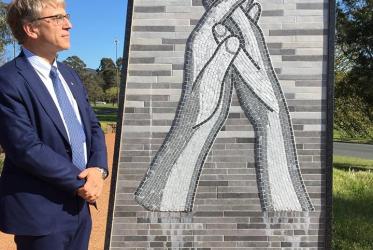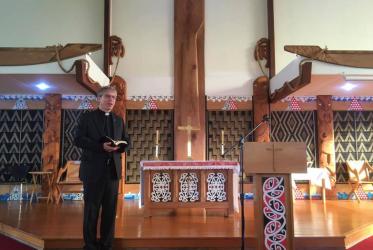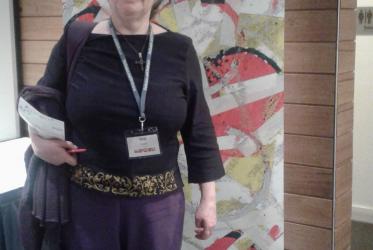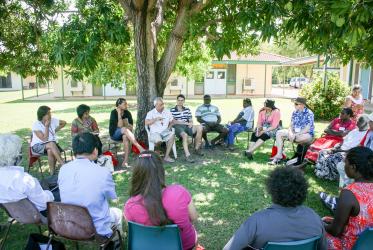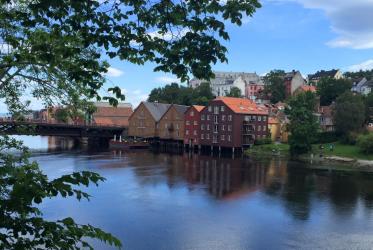Displaying 161 - 180 of 430
WCC general secretary visits Aotearoa New Zealand
10 October 2016
Indigenous spirituality: can it transform injustice into justice?
01 September 2016
New Executive Committee members elected in Trondheim
28 June 2016
Pilgrimage and youth
28 June 2016
USA Racial Justice Accompaniment Visit
18 April 2016
"I hit the ground running": Katalina Tahaafe-Williams
16 February 2016
